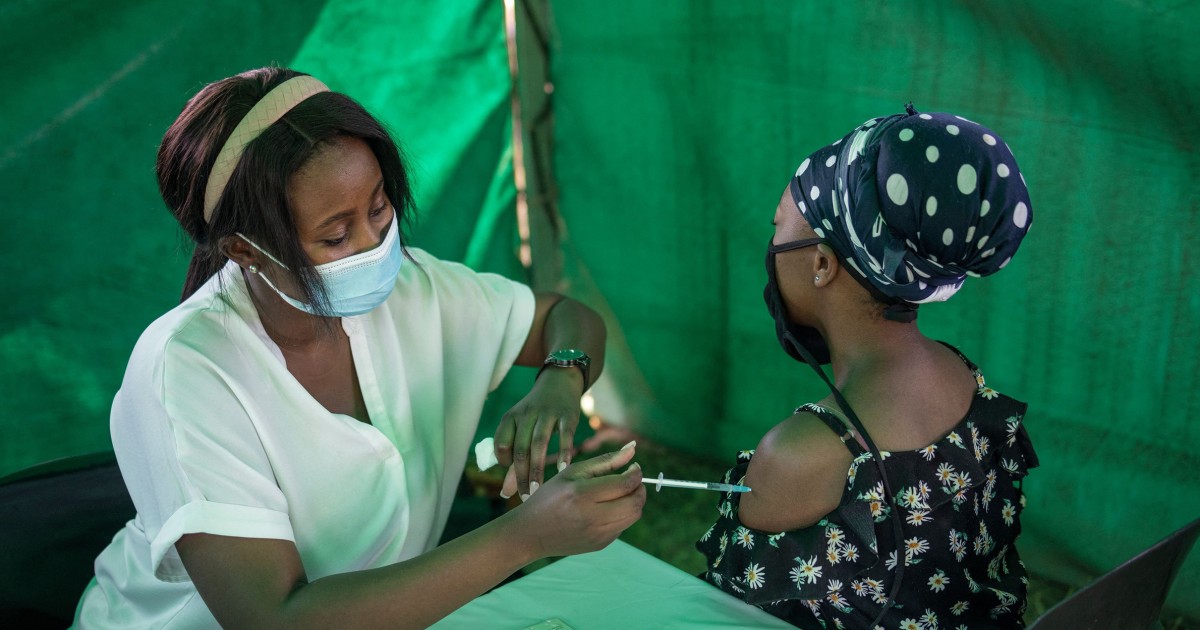
Rich countries can’t say they weren’t warned.
For almost as long as Covid-19 has been around, scientists, academics and campaigners have called on wealthy nations to share vaccines around the world — not only to protect people in those countries, but also to reduce the risk of new mutant variants emerging that could evade vaccines for everyone.
Those sounding the alarm have repeated the same mantra: No one is safe until everyone is safe.
Despite these warnings, this is exactly what appears to have happened, some of these experts say. The new omicron variant emerged in southern Africa with a large number of mutations that experts say may allow it to transmit more easily and possibly reduce existing immunity.
“Africa right now is essentially a superincubator,” said Andrea Taylor, assistant director of programs at the Duke Global Health Innovation Center, a leading authority on global vaccine supply.
And the emergence of a new variant “is exactly what experts have been warning about for months,” she said. “We saw what happened with India, which gave rise to the delta variant. And we said, ‘Look, this is going to happen in Africa where there is uncontrolled transmission.’”
The highest number of omicron cases so far has been detected in South Africa, which has a 35 percent fully vaccinated rate. That rate is higher than most of Africa’s and appears to be driven by vaccine hesitancy, rather than a lack of supply. But experts say this doesn’t mean the variant mutated in South Africa, just that the country has better testing and sequencing technology than its neighbors.
It is just as likely that omicron originated elsewhere in Africa, which typically has struggled to obtain enough shots amid the frantic, Northern Hemisphere-dominated scramble for supply, Taylor and other experts said.
“While we still need to know more about omicron, we do know that as long as large portions of the world’s population are unvaccinated, variants will continue to appear, and the pandemic will continue to be prolonged,” Dr. Seth Berkley, CEO of Gavi, the Vaccine Alliance, a leading partner in the global vaccine sharing program COVAX, said in an email.
“We will only prevent variants from emerging if we are able to protect all of the world’s population, not just the wealthy parts,” Berkley added. “The world needs to work together to ensure equitable access to vaccines, now.”
The debate has refocused attention on global vaccine inequality — which Taylor says is “worse than ever” — and accusations that rich countries have been hoarding shots for themselves.
Low-income countries, most of which are in Africa, have received just 0.6 percent of the nearly 8 billion shots that have been administered, according to the World Health Organization. Just 1 in 4 front-line health workers on the continent are fully vaccinated, the WHO said last week.
By contrast, the United States and other rich nations have vaccinated all but the hesitant and ineligible, and are now rolling out boosters.
“No country can vaccinate its way out of the pandemic alone,” WHO Director-General Tedros Adhanom Ghebreyesus told a meeting in Geneva on Monday. “The longer vaccine inequity persists, the more opportunity this virus has to spread and evolve in ways we cannot predict nor prevent. We are all in this together.”
The U.S. has done more than anyone else in terms of donating vaccines abroad, having shipped 235 million of 1.1 billion pledged doses. It also says it will donate $4 billion to COVAX.
“To beat the pandemic here, we need to beat it everywhere,” President Joe Biden told a virtual summit on the pandemic in September.
The U.S. efforts are “commendable,” according to Dr. Tom Kenyon, a former director of the CDC’s Center for Global Health. But he and other experts look at the bigger picture and say Washington’s efforts have done nothing to solve the world’s vaccine inequality almost a year after the rollout began.
Some experts and campaigners say one way to fix the immediate disparity would be through “line-swapping,” in which wealthy countries that have enough shots allow poorer nations to jump ahead of them in the manufacturer’s distribution list.
But ultimately many agree that the only way to solve the crisis in the long term is to ramp up production in more locations worldwide.
This could involve sharing intellectual property for how vaccines are made. The U.S. has supported this idea but drugmakers, the European Union and others have opposed it because they say it would curb incentives for pharma companies to invest and innovate.
“This isn’t a pasta can where everyone can just put in a few notes,” Taylor at Duke University said. “If each of these high-income countries are separately doing what they think is their bit, what we end up with is this fragmented patchwork that does not add up to a coordinated solution to the problem we’re all facing.”

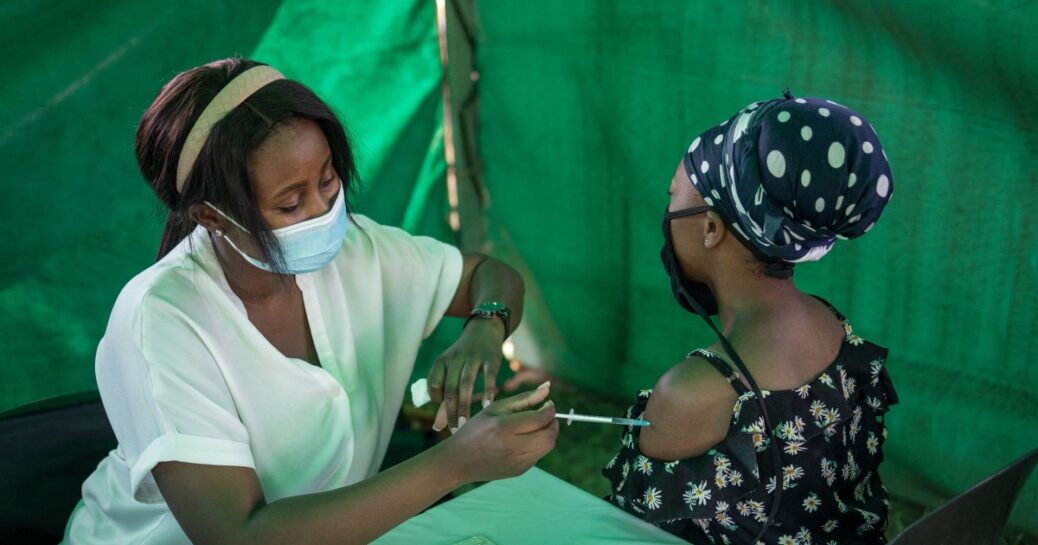
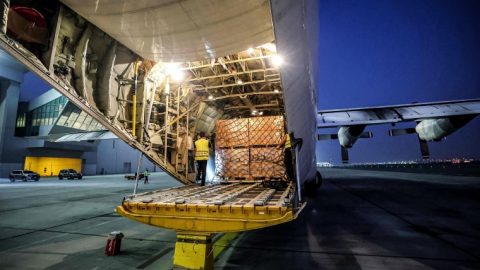
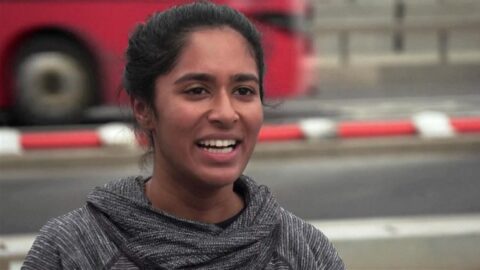
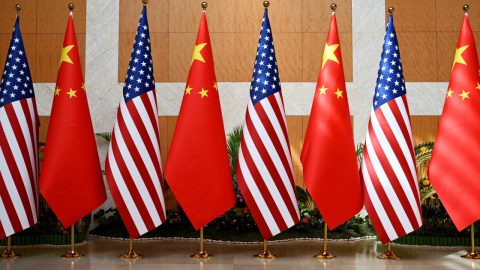
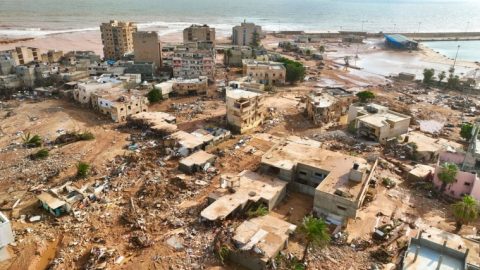
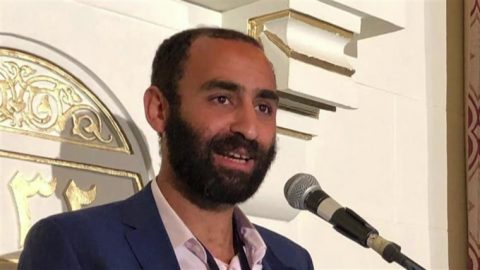

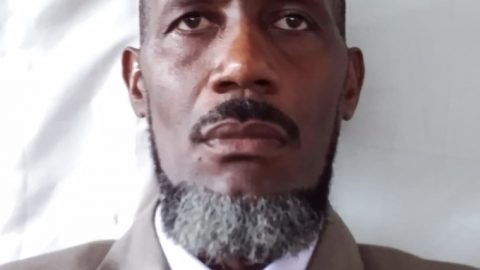
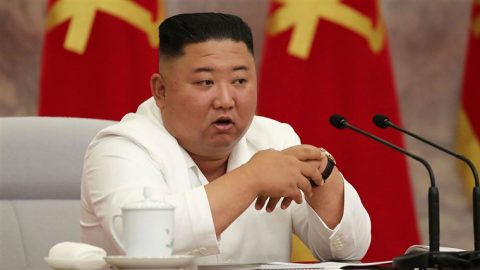
Recent Comments